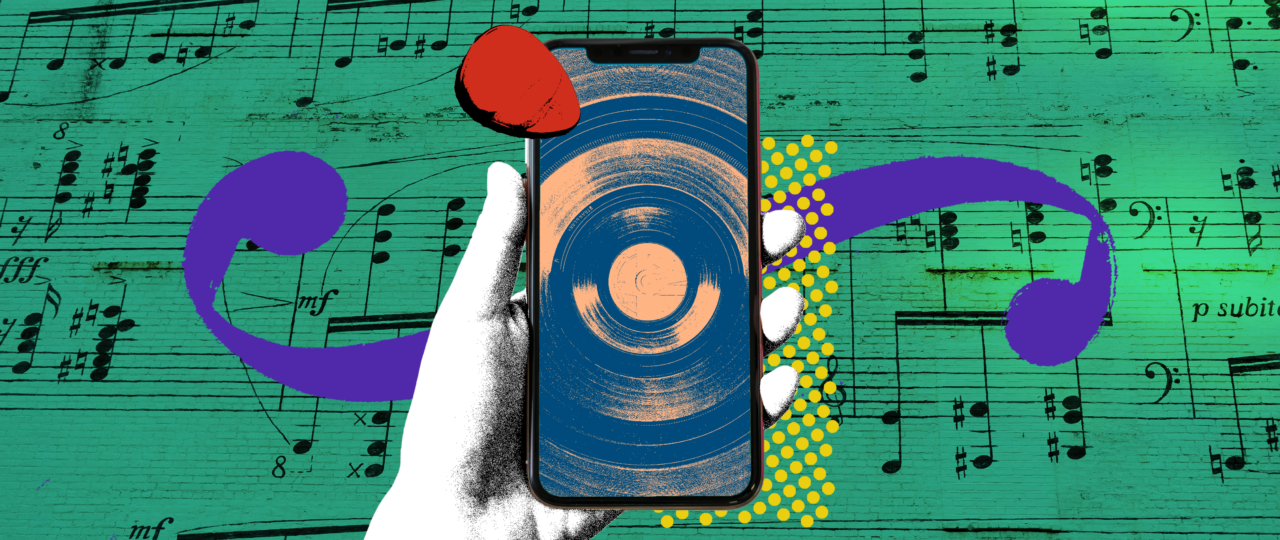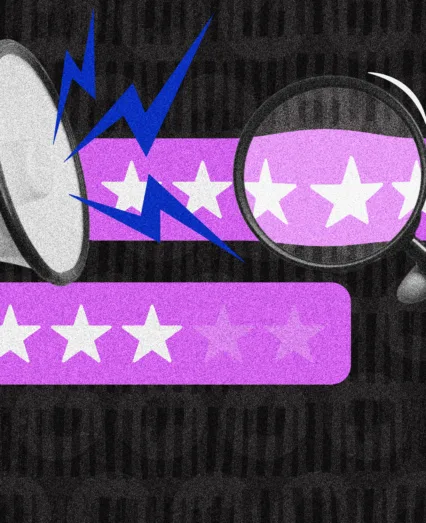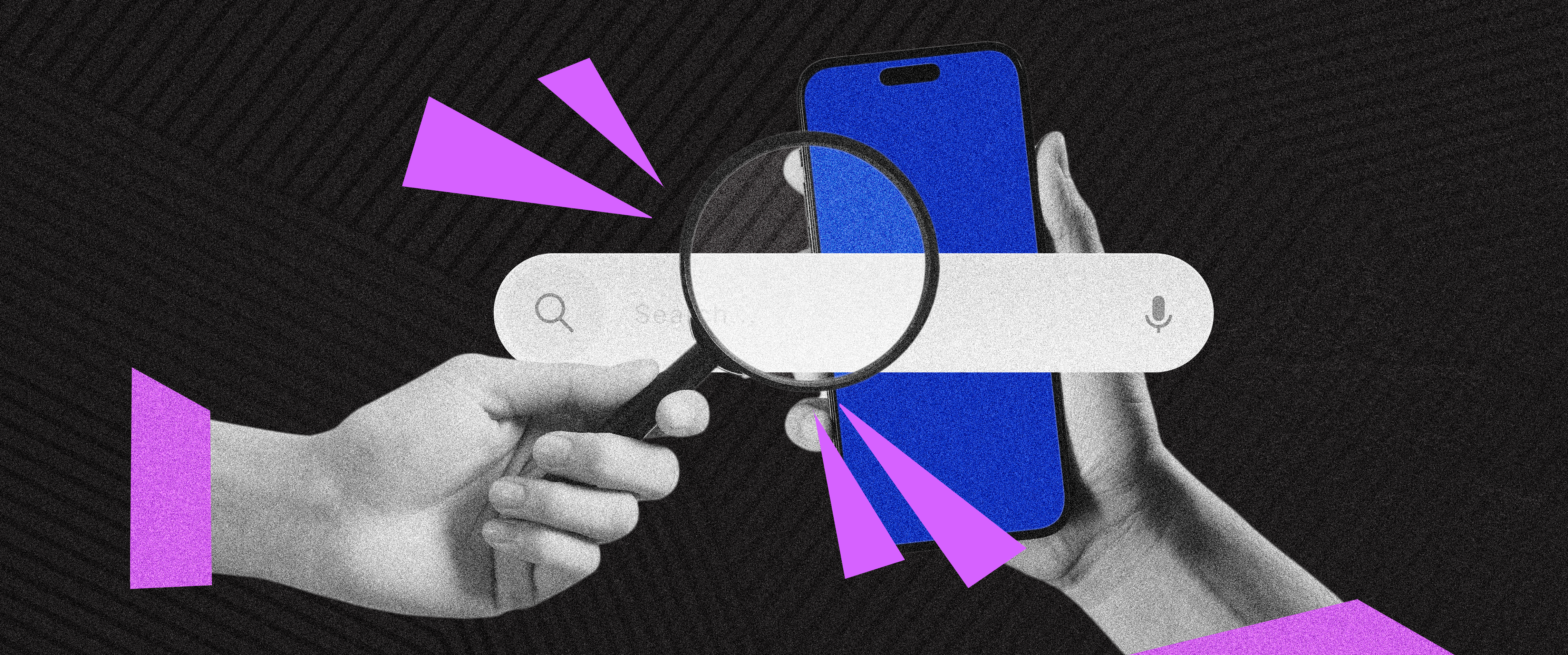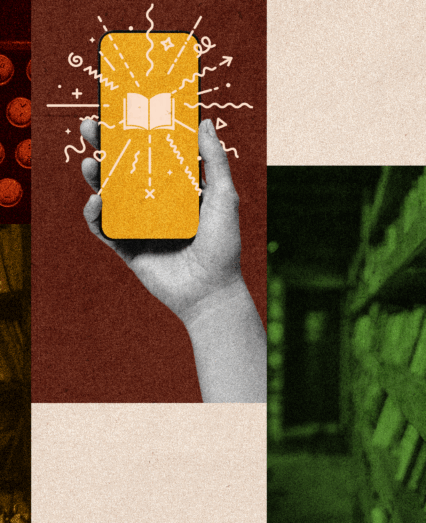TikTok: we all know it. The global sensation that has our attention spans dwindling, our thumbs scrolling, and—more recently—our earbuds blasting.
My #FYP is chock full of niche Amazon essentials, new and exciting Philly happy hours, the perfect hack to fold fitted sheets, and discovering the next hot artist or song to add to my Spotify playlist.
Every person and every industry has seen the effect of TikTok and how powerful it can be, and it currently has the music industry in a chokehold because of it. So much so that TikTok has launched its own music distribution platform called SoundOn, aimed at creators to promote and launch their music.
To compete with other distribution platforms like Spotify and Apple Music, SoundOn is promising music creators 100% of their royalties and ownership for their first year, and 90% in the years after. In addition, they also provide resources for promotion to their fan bases on TikTok, and sharing capabilities with the other big streaming apps.
It’s still too early to tell whether SoundOn will prove a massive success or not, but let’s look at all the ways that TikTok has been inching its way forward into one of the most lucrative industries to date.
TikTok’s Signed Deal
In late 2020, TikTok struck music distribution deals with UMG (Universal Music Group), Sony Music, and Warner Music Group. Shortly after, the Global Head of Music for TikTok, Ole Obermann, announced, “We are excited to enter this new era with UMG and UMPG to continue supporting artists and songwriters, by working together to help reach music fans on TikTok. Execs both at TikTok and record labels saw the potential for what this could mean for them.”
And potential, we of course know, means money.
Because of this deal, TikTok users can now add clips of songs from these labels’ catalogs. Meaning if a viral video had any of their songs attached, the artists could get more reach and visibility, while TikTok and labels reaped the cash benefits. For some, TikTok has become the go-to resource for discovering new music. Be it through a new dance challenge (like the “Savage” remix dance, created by Keke Janajah), or simply scrolling until something catches your eye (I mean, ear), it feels like a win/win for everyone involved.
#BestFatiguedArtist
…or maybe not. As so often happens when creative mixes with marketing, artists are beginning to push back. While these major labels have been riding the TikTok wave, artists such as Khalid, Carlie XCX, and Halsey have shared their frustration with creating TikTok content to promote their new songs.
Some feel it’s a strain on their creativity, or honestly don’t want to connect on the platform and see it as this annoying task that their label or management is forcing them to do.
Many more artists are airing their grievances about it. In fact, I’d argue that complaining about TikTok seems to be the latest TikTok trend. Seeing some artists who’ve never had much of a social media presence suddenly promoting work on TikTok feels inauthentic—until they complain it’s the label’s fault. As Florence + the Machine said, “pls send help.”
Blame it on the label and you’re bound to get more views because not only are you promoting something new and catchy, but you’re lifting the veil between artist and corporate that audiences are often so hungry for. It’s like catching a brief moment behind the scenes. It’s validation that your favorite singer isn’t a sell out, it’s just their LABEL that’s making them ACT like a sellout. In the end, everyone’s still winning.
That said, artists do still have a right to complain. They’re the ones pushing TikTok to be this big driving machine for streams and a main platform to increase sales. Music is at the core of TikTok, which is not new, but being an artist and putting out a song, for some, is art in its purest form. Pushing artists to capitalize on a viral moment just for the sake of streams and money is a choice many aren’t connecting with (even if it’s working).
TikTok and the music industry have a long journey ahead, and who knows what’s next to come? Will TikTok launch its own label? Will a significant label try to bring their own music-centered platform to the market? Will their journey come to an end? Honestly, anything can go.
Thus far, we’ve seen new and old music alike surge on the social app and be loved by fans. It’s given us a new way to experience and share new music, so whatever the future holds, I hope that continues.



